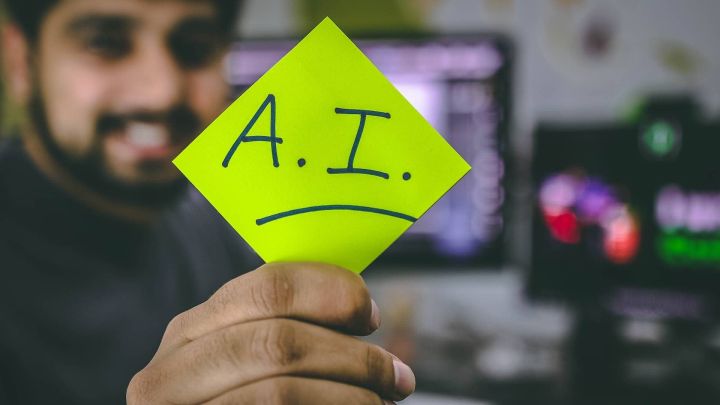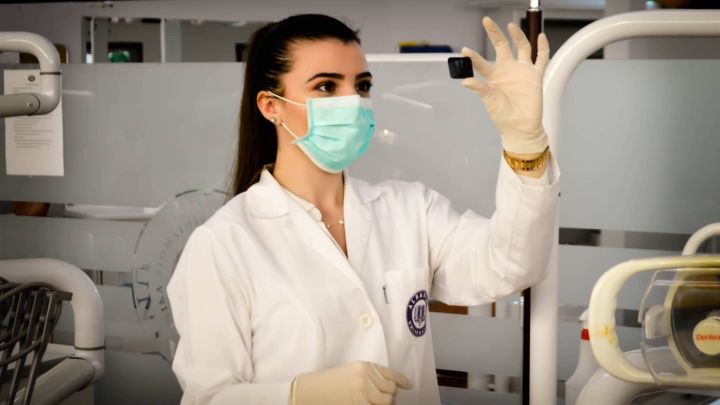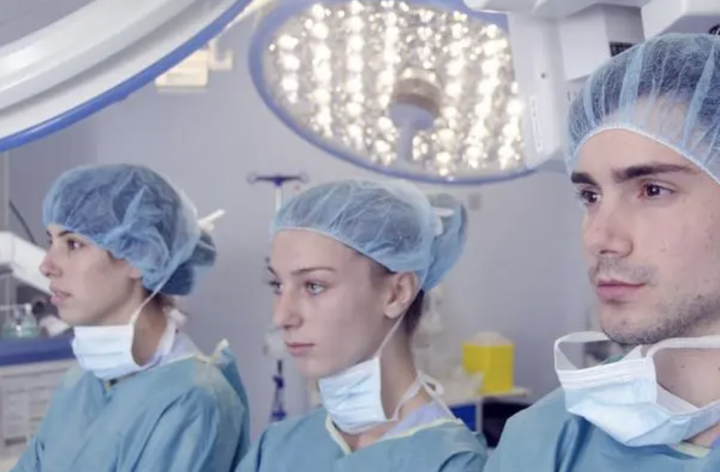Medical
Can I have a baby if my thyroid gland has a problem?
Can patients with bridge onychiasis and hypothyroidism have normal childbearing?
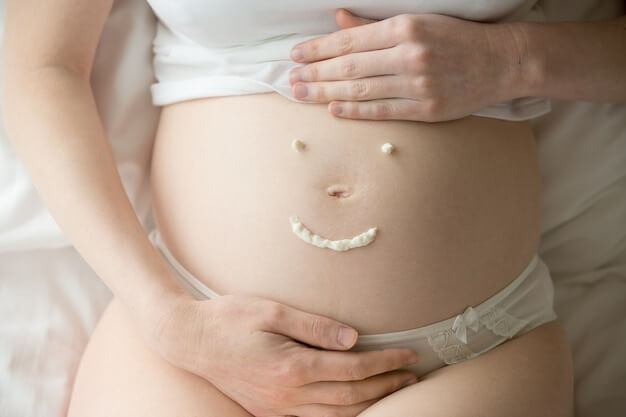
Can patients with bridge onychiasis and hypothyroidism have normal childbearing?
The mother came to the hospital with a nervous look on her daughter's face and asked: My daughter's thyroid peroxidase antibody and thyroglobulin antibody were frighteningly high, hundreds of them, some people said that her hypothyroidism would lead to dementia after the birth of the child; She is still a little girl and has not married. What can we do?
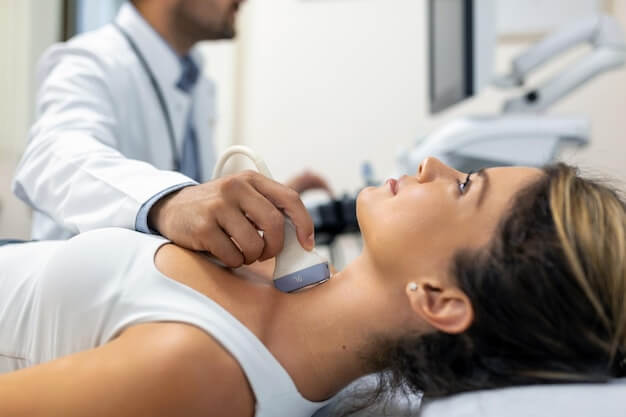
In fact, the mother and daughter are worried too much. The increase of thyroid peroxidase antibody (TPOAB) and thyroglobulin antibody (TGAB) only indicates Hashimoto's thyroiditis, which is not harmful to human body unless it leads to hypothyroidism.
Because the incidence rate of Hashimoto's disease is very high, and it is common in women of childbearing age, many young female patients struggle with whether they can have normal childbearing after the disease.
To answer this question, we must first understand the relationship between Hashimoto's disease and hypothyroidism.
Bridge thyroiditis is an organ specific autoimmune disease.
The immune cells of patients attack their thyroid gland for unknown reasons. TPOAB and TGAB are specific antibodies produced by the body against the thyroid gland. These antibodies can damage the thyroid gland.
Therefore, if the test results show that TPOAB and/or TGAB are increased, it means that the patient has bridge thyroiditis.
In general, ponchitis is a lifelong disease. Once autoimmunity is started, it is difficult to reverse it.
However, in the long process of bridge thyroiditis, in the early stage, except for some patients with goiter, there was no conscious symptom. At this time, TPOAB and TGAB were destroying the thyroid gland, but the extent was relatively small. The thyroid gland itself could completely compensate and had no impact on the body. At this time, there was no need for treatment, as long as regular follow-up.
Only in the middle and late stages of the disease, when the destruction of the thyroid gradually exceeds its ability to compensate, and the thyroid gradually becomes hypofunctional, can intervention and treatment be needed.
Hypothyroidism is different from bridge thyroiditis. Bridge thyroiditis is a etiological diagnosis, while hypothyroidism is a functional diagnosis. As long as the thyroid gland can no longer synthesize the thyroid hormone needed by the body, it is called hypothyroidism.
Hypothyroidism can be caused by many reasons, such as thyroidectomy, iodine deficiency, and so on. However, the most common reason is bridge thyroiditis.
The early stage of Hashimoto's disease has no impact on the human body, and naturally has nothing to do with pregnancy and childbirth. However, hypothyroidism has a lot to do with pregnancy.
The development of the fetus, especially the brain development, needs the assistance of thyroxine. If the thyroxine secretion of pregnant women is insufficient, it will have a greater impact on the development of the fetus. Therefore, in iodine deficient areas, the incidence rate of dementia is high.
However, iodine deficiency will cause hypothyroidism, and excessive iodine will also cause thyroid dysfunction. Therefore, pregnant women must not eat a lot of iodine containing food because of hypothyroidism, which will lead to self defeating.
A patient with hypothyroidism can be considered as a completely healthy person as long as he/she supplements an appropriate amount of thyroxine, and does not need to worry about his/her body.
Similarly, patients with hypothyroidism can maintain the development of the fetus perfectly as long as they supplement thyroxine.
Many patients believe that "drugs are highly toxic". It is totally wrong to refuse to take drugs including thyroxine during pregnancy.
The amount of thyroxine required for pregnancy is larger than usual. Even normal pregnant women sometimes cannot produce enough thyroxine for use by mothers and fetuses, let alone patients with hypothyroidism.
Therefore, hypothyroidism patients must supplement thyroid hormone during pregnancy, so as to give birth to a smart and healthy baby.
-
![]()
![]() MedicalJul 26, 2025
MedicalJul 26, 2025MIT | Use artificial intelligence to improve early breast cancer diagnosis
-
![]()
![]() MedicalJul 25, 2025
MedicalJul 25, 2025New Treatment For Uroepithelial Carcinoma Receives Fda Fast Track Designation With Encouraging Initial Results
-
![]()
![]() MedicalJul 24, 2025
MedicalJul 24, 2025Integrative Oncology: Acupuncture And Acupressure May Relieve Surgical Pain And Anxiety In Cancer Patients
-
![]()
![]() MedicalJul 23, 2025
MedicalJul 23, 2025New Targeted Radiotherapy For "Laser-Like" Precision Treatment Of Refractory Prostate Cancer With Fewer Side Effects!
-
![]()
![]() MedicalJul 22, 2025
MedicalJul 22, 2025Why Is Astrazeneca Willing To Spend a Whopping $12.1 Billion?
